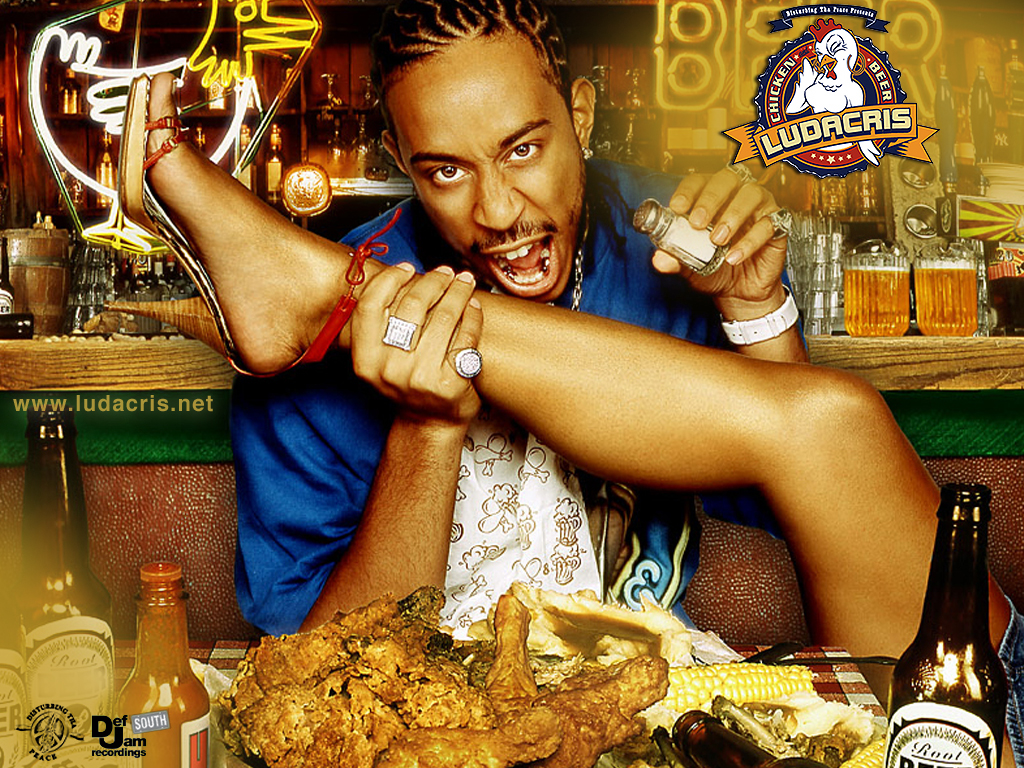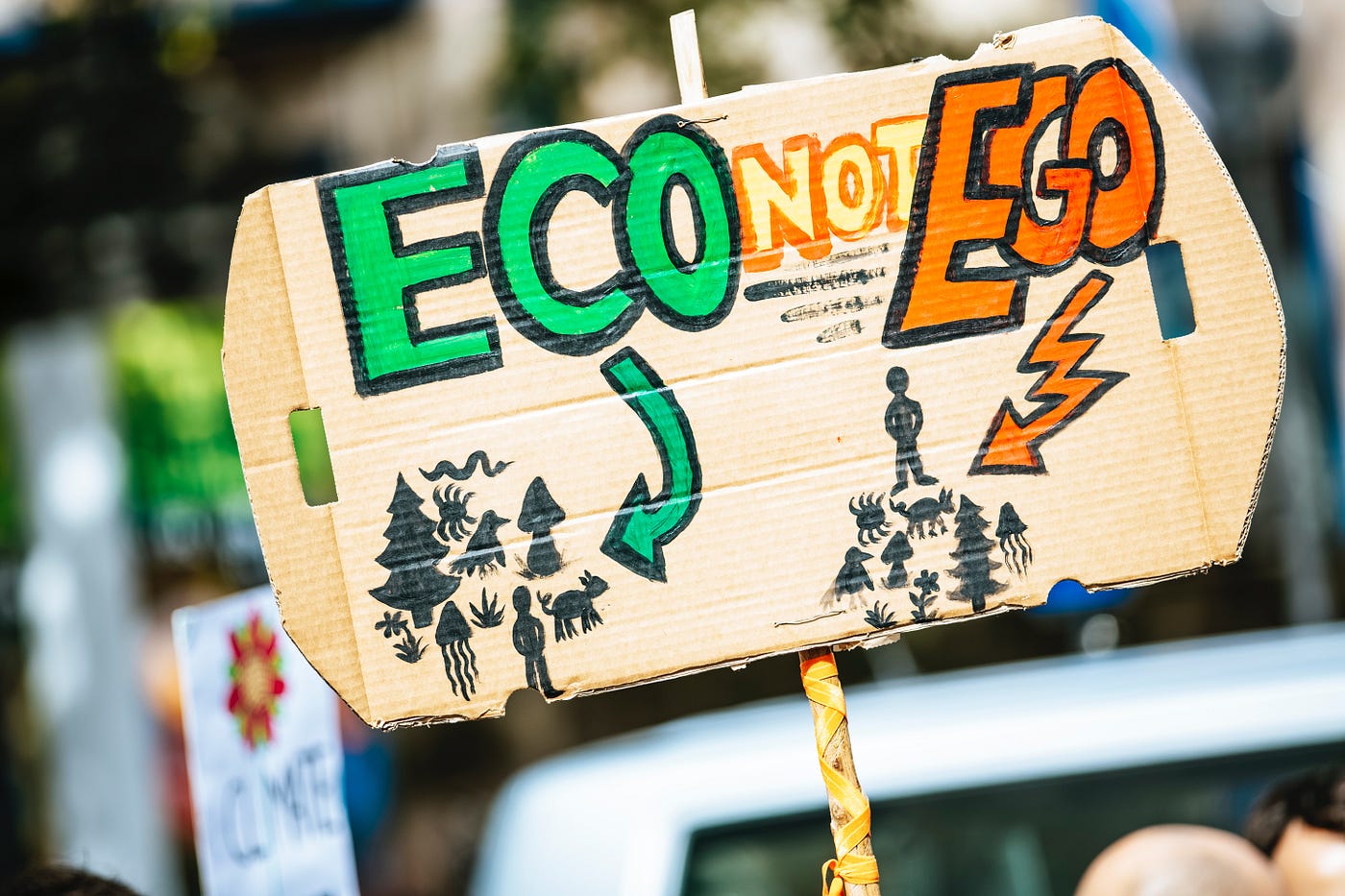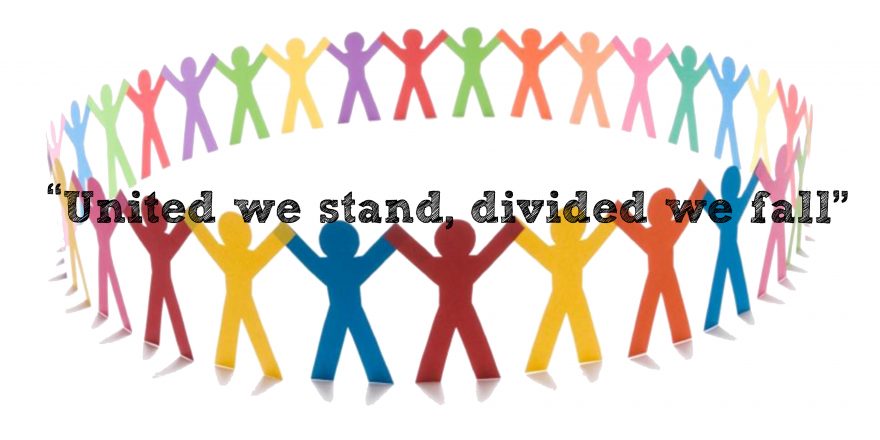Abortion is an emotional topic and one that is always being debated. Every side of the conversation has its extremist. There is the pro-life stance that’s about protecting fetuses because they are people and the pro-choice stance that’s about allowing women the right to choose. Ecofeminist Ronnie Zoe Hawkins challenges the idea of what pro-life is in her essay Reproductive Choice: The Ecological Dimension.

As someone who considers themselves pro-life within reason. This means to me is that I think if people think they are old enough to decide to engage in sexual activity they should have to deal with the ramifications of choosing not to be safe about it. I think that every time you have sex there is a risk of getting pregnant and if individuals aren’t takin steps to lower the risk then you shouldn’t use abortion as your form of birth control. I think that in case of rape, incest, and the mothers and/or child health is at risk than abortion is perfectly understandable. However, I do believe that women can do whatever they want with their bodies and they are the only ones that should make whatever decision they see fit.

I understand where Hawkins is coming from with concerns about how the growing population and how with the trends, we are seeing humanity is going to grow past the number of resources that we have available. “The links between population growth, poverty, and environmental degradation, however, are becoming increasingly well documented, resulting in what has been called a “downward spiral” (Hawkins 690). I think that Hawkins makes some valid points about how if we continue on this trend, we are putting ourselves and future generations at risk of having not enough environmental supplies for the demands of the population.
I think that Hawkins’s writing is persuasive, and I can see her point of view for the ecofeminist view on abortions. “At this present time, recognition of our connectedness with all other life on the planet reinforces the need for abortion. When the interest of life in this larger sense are taken into consideration, the prochoice position is the one most deserving of the adjective “prolife.” (Hawkins 693) I think that Hawkins does a great job in connecting pro-choice with pro-life because she is talking about life on a broader perspective than a single fetus. Hawkins challenges a moral dilemma is sacrificing the few for the many the real pro-life stance.

















